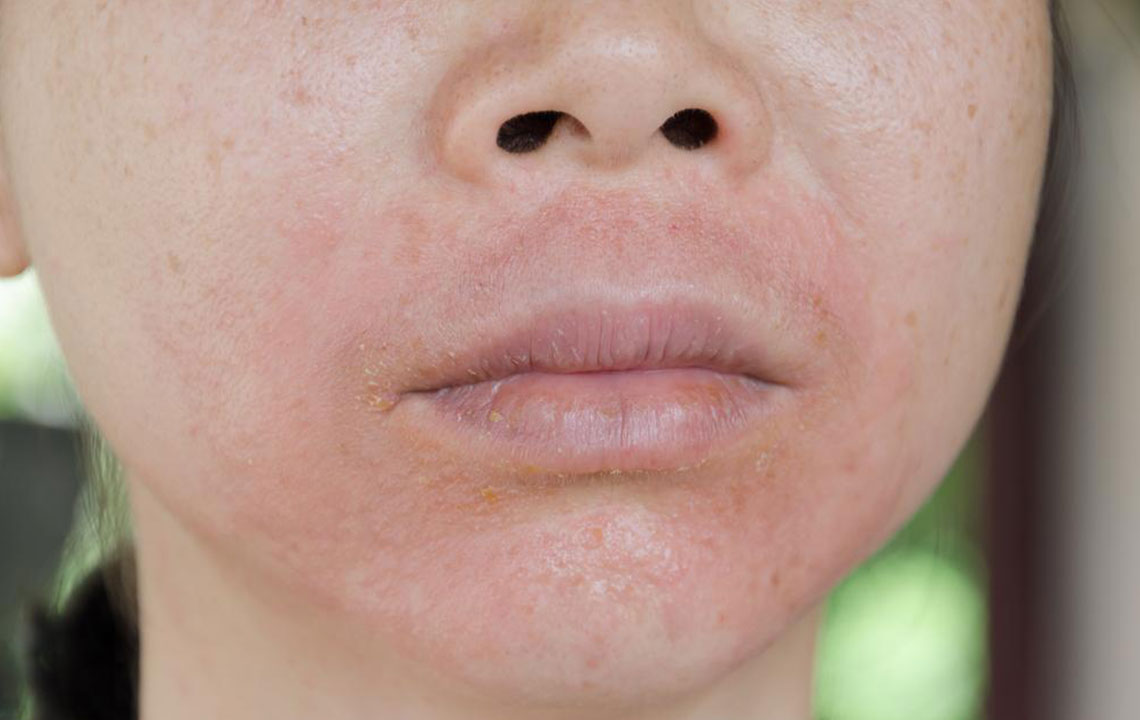Complete Guide to Managing and Preventing Eczema: Tips for Healthy, Healthy Skin
Discover comprehensive strategies to manage and prevent eczema effectively. Learn about symptoms, triggers, and treatment options to keep your skin healthy and avoid flare-ups. This detailed guide provides valuable tips for reducing discomfort and maintaining healthy skin through proper skincare routines, lifestyle changes, and medical treatments.

Understanding Eczema: Causes, Symptoms, and Effective Management Strategies
Eczema, also known as atopic dermatitis, is a common and often persistent skin condition characterized by inflammation, dryness, and irritation of the skin. Unlike infections or other underlying health issues, eczema results from an overactive immune response that causes the skin to react violently to certain environmental or internal triggers. Although the exact cause remains elusive, understanding the symptoms, triggers, and management techniques can significantly help individuals keep eczema under control and improve their quality of life.
Recognizing Eczema Symptoms
Eczema manifests through a variety of symptoms that can vary from mild to severe, often impacting daily activities and emotional well-being. The most prominent symptom is intense, persistent itching, which can be distressing and lead to further skin damage through scratching. Besides itching, affected areas typically display redness, dryness, and flakiness, sometimes evolving into thicker patches of skin known as lichenification in chronic cases. These patches often start as reddish or pinkish spots that may darken or lighten with time. Commonly affected sites include the face, behind the knees, wrists, hands, and feet. In infants and young children, eczema can present on the face or scalp but can occur anywhere on the body, often leading to discomfort and sleep disturbances. Additionally, affected skin might crust over or ooze fluid during flare-ups, especially if scratched or infected.
Deciphering the causes of eczema can be challenging since a definitive trigger is often hard to pinpoint. Nevertheless, it develops as a result of immune system hyperreactivity, leading to skin inflammation and barrier disruption. People with a family history of allergies, asthma, or eczema are at higher risk of developing the condition, hinting at a genetic component. The compromised skin barrier allows moisture loss and entry of germs, which can further exacerbate flare-ups. Common environmental and lifestyle triggers include exposure to coarse fabrics like wool or synthetics, extreme temperatures (hot or cold), harsh soaps and detergents, contact with pet dander, respiratory infections, and emotional stress. Though currently incurable, eczema can be effectively managed through medication, skincare routines, and lifestyle adjustments. Importantly, eczema is not contagious.
Diagnosis primarily involves a thorough skin examination and sometimes allergy testing, especially in children with recurrent or severe symptoms. Unfortunately, no single laboratory test definitively diagnoses eczema. Treatment goals include alleviating itching, preventing skin infections, and maintaining skin hydration. Typical therapies include topical corticosteroids, moisturizers, antihistamines, and phototherapy in severe cases. Preventive strategies are crucial for long-term control and quality of life. These include consistent skin moisturizing with emollients, avoiding sudden temperature changes, managing stress through relaxation techniques, wearing soft and breathable fabrics, and choosing gentle skin cleansers. Monitoring and avoiding known food or environmental allergies also play a role in minimizing flare-ups. With diligent skin care and effective trigger management, people with eczema can lead comfortable, active lives.





